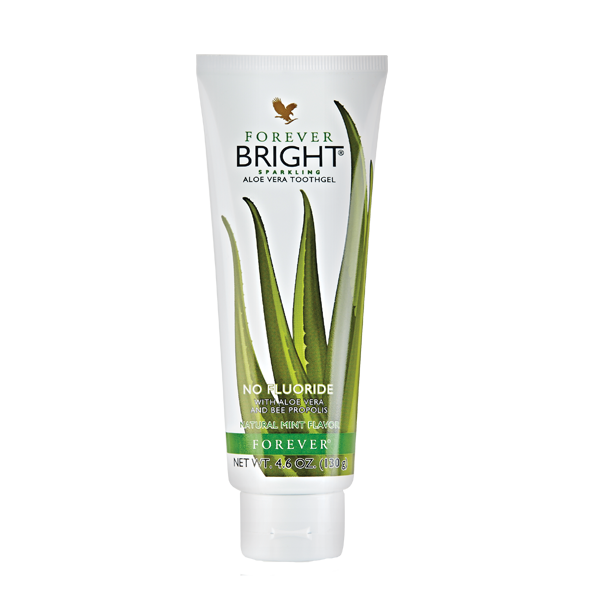Graviola is hailed as a wonder herb. Its popularity as a natural remedy for viruses, pain relief, and even some types of cancer is gaining ground. Keep reading to learn if research backs the hype.
Potential health benefits
Research suggests that graviola has a number of health benefits:
It has antioxidant properties

Graviola may have a number of antioxidant properties.
Antioxidants keep cells healthy by hunting disease-causing free radicals in the body and destroying them.
According to a 2014 study, graviola extract has many compounds with antioxidant abilities.
These include:
- tannins
- saponins
- phytosterols
- flavonoids
- anthraquinones
Antioxidants help people stay healthy overall. More research is needed to determine if graviola's antioxidants prevent specific diseases.
see also:NATURAL REMEDY TO DIABETES
It has anti-inflammatory properties
According to a 2014 study on rodents, graviola has anti-inflammatory properties that may relieve pain. The study's researchers supported graviola's use as a folk remedy for pain and inflammatory conditions.
A 2010 rodent study found graviola blocked pain receptors and reduced inflammation in rats.
Still, researchers cautioned more study is needed to determine if graviola is safe for humans. It is unclear if it would have the same pain-relieving effects.
It may help lower blood sugar
The results of a 2008 rodent study suggest graviola may help people regulate their blood sugar if they have diabetes. The study found that graviola significantly reduced blood glucose levels in rats with diabetes.
In addition, despite the rats being fed less food and water, they didn't lose weight. Researchers believe this may be the result of better glucose control.
HELP LOWERS BLOOD CHOLESTROL
Graviola is often used as a folk remedy to lower blood pressure. Uncontrolled high blood pressure may increase the risk of heart disease, diabetes, and stroke.
A 2012 study on rats found graviola helped reduce blood pressure without increasing heart rate. According to researchers, the herb's hypotensive abilities are due to "peripheral mechanisms involving antagonism of Ca²⁺ [calcium ions]."
It may help prevent ulcers
Ulcers are painful sores that develop in the stomach lining, esophagus, or small intestine.
According to a 2014 study on rodents, graviola showed antiulcer abilities. It helped protect the stomach's mucous lining. It also helped prevent free radical damage to the digestive tract.
It may help treat herpes
Herpes is a viral infection caused by the herpes simplex virus. It may appear on the genitals or mouth.
Graviola is considered an alternative treatment for herpes, but the supporting evidence is still coming in. A 2012 study showed antiherpes activity with graviola in the laboratory.
According to a 1999 study, graviola extract may have antiviral effects against herpes simplex 2 virus (HSV-2). HSV-2 is responsible for most cases of genital herpes outbreaks. In vitro, graviola was toxic to HSV-2 cells. In vitro means outside a living body.
SEE ALSO:bad breath, causes, natural remedy
It may be anticancerous
There is some evidence graviola may battle some types of cancer. According to 2016 in vivo and in vitro research, graviola extract was toxic against some breast cancer cell lines. In vivo means inside a living body, the opposite of in vitro.
It also increased T cells. T cells are lymphocytes in the body that kill cancer cells and other damaged cells.
A 2012 in vivo and in vitro study found graviola may be beneficial against some pancreatic cancer cell lines by inhibiting cellular metabolism.
Still, researchers caution graviola alone is not enough to eradicate pancreatic tumors. It should not be used as a primary treatment. Studies are ongoing to evaluate the efficacy of graviola as an adjuvant therapy for pancreatic cancer.
Takeaway
Although graviola has been shown to be effective against some conditions in animal studies, there are few human studies on graviola.
Users have offered anecdotal evidence, but more scientific study on humans is needed before researchers can say that graviola is effective in treating any condition.
Although graviola has been shown to be effective against some conditions in animal studies, there are few human studies on graviola.
Users have offered anecdotal evidence, but more scientific study on humans is needed before researchers can say that graviola is effective in treating any condition.
If someone is interested in adding graviola to their routine, they should talk to their doctor. They can advise them on ther individual risks and potential benefits, as well as answer any questions they may have.















![HOME THERAPY FOR PILES REMOVER [ QUICKEST METHOD]](https://blogger.googleusercontent.com/img/b/R29vZ2xl/AVvXsEgPzHft58Q_4jwriUmXF_KAoOo5N4IU8JCX6jBuUvYOOIBuEnzT6M5RmuwSVXNLorHlp4S_A0z6YGRAiBK2TfvisSpZqWI1HrfOyRf-dkqqsokISxm2uTFcWE8lf0g1yOHE0AoJlDnwSNg/w72-h72-p-k-no-nu/Picture1.png)
![EXCELLENT P-HEALTH SUPER-FOODS FOR MEN [UNDER 5-MIN]](https://blogger.googleusercontent.com/img/b/R29vZ2xl/AVvXsEgCA5UNhyphenhyphenUgdzS4cDFh2FqSsvgm0k72XnrkYjQsj49eatv7BE33hL0A5XZL3c5JKfc_4JZ_oZka3iLBtj_2D-BobtDXS7YpLRUZy3d1IA45Qeic3lj1vNpL-KM-9yIpeIAy7CGGuB0Pi4Q/w72-h72-p-k-no-nu/77B4F915-056B-4E69-A606-BD1D5B642A53.png)

0 Comments